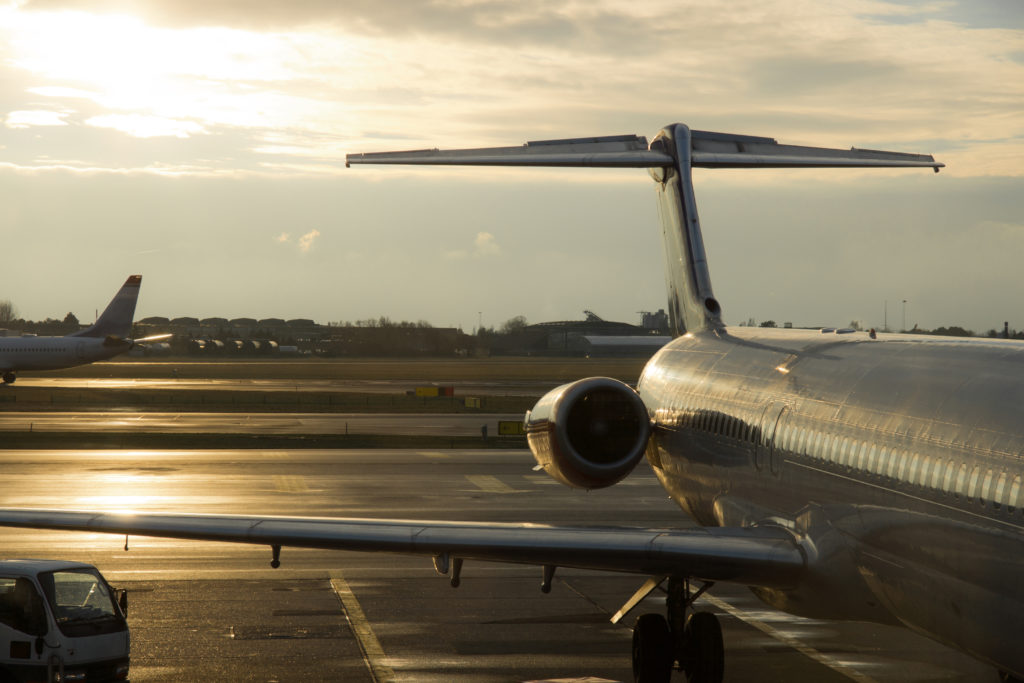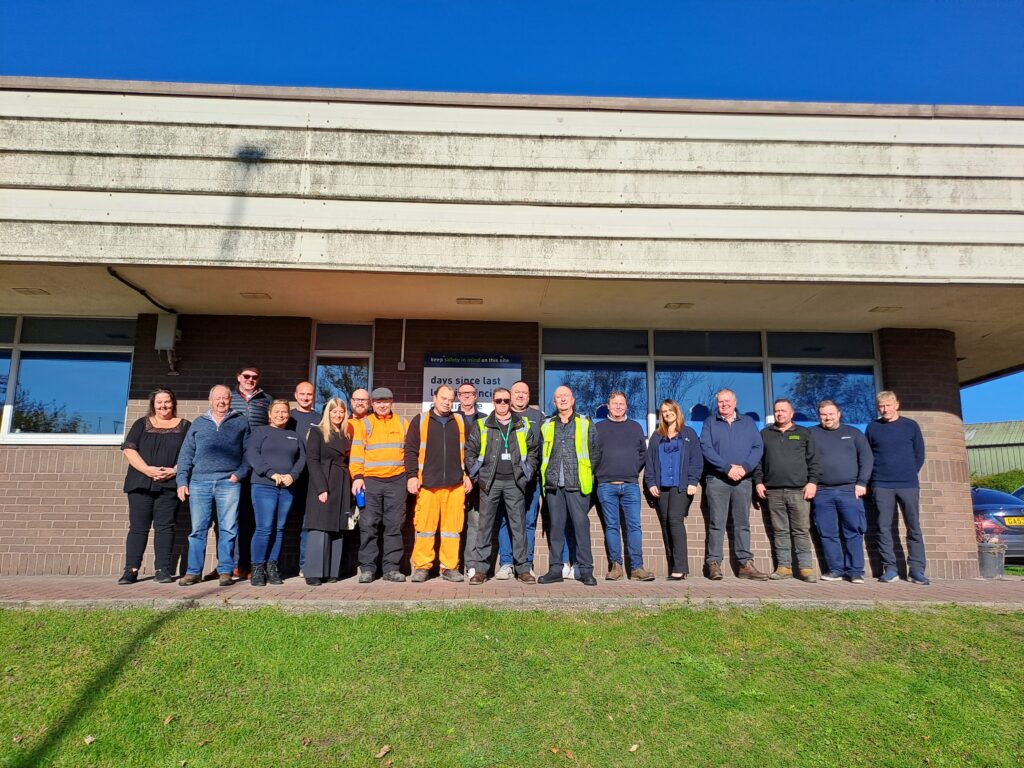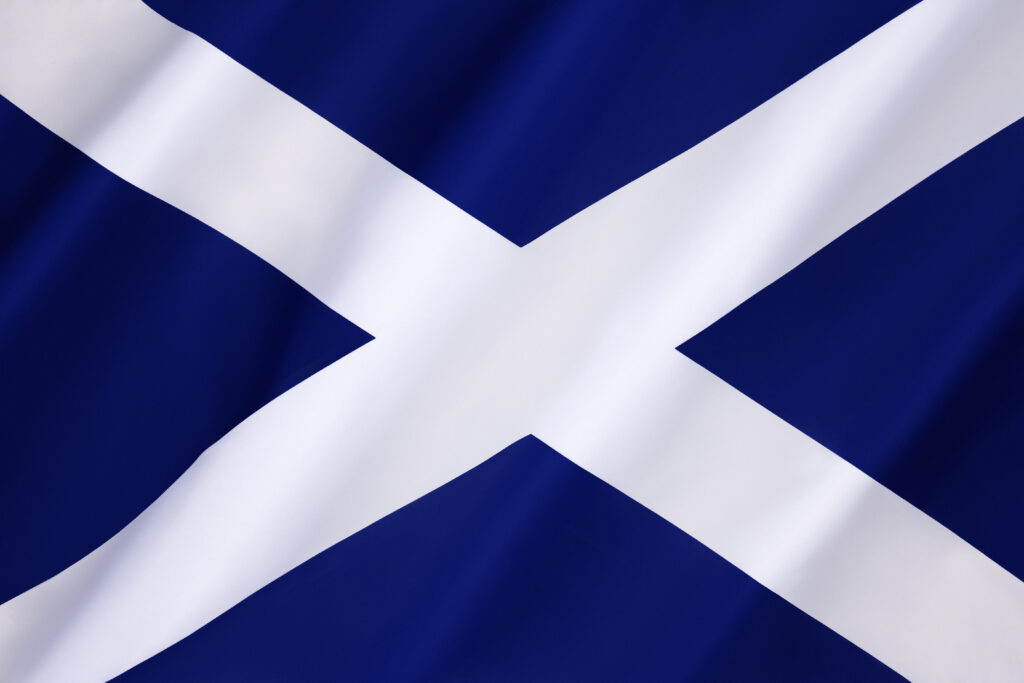The mandate dictates that 10% of jet fuel used in UK flights must be sourced from sustainable sources by 2030. It has highlighted that this will help to reduce carbon emissions in the aviation sector.
Following consultations with industry stakeholders, the government has committed to ensuring an annual supply of approximately 1.2 million tonnes of SAF to the UK airline industry. This is enough fuel to circumnavigate the globe 3,000 times.
Moreover, the SAF industry is projected to contribute over £1.8 billion to the UK economy and create more than 10,000 jobs nationwide.
To support the growth of the SAF industry, the government has allocated £135 million through the Advanced Fuels Fund, facilitating the development of 13 innovative SAF projects across the country.
Additionally, the government has introduced mechanisms to manage prices and mitigate the impact of SAF on ticket fares for passengers, which it said will ensure that decarbonisation efforts do not burden consumers.
Protects
Mark Harper, transport secretary, said: “Sustainable aviation fuel protects the future of UK aviation, the thousands of British jobs that depend on it, and the holidays and business travel flights that we all rely on.
“As part of our plan to grow the economy, the measures announced today will give both UK aviation and the UK SAF industry the certainty they need to keep creating skilled British jobs while giving passengers the freedom to continue travelling by air in a way that’s fit for the future.”
SAF, which produces up to 70% less carbon emissions than traditional fossil fuels, is derived from waste materials or by-products such as household waste, industrial gases or used cooking oil.
Consultation
In conjunction with the SAF mandate, the government has launched a consultation on a SAF revenue certainty scheme aimed at guaranteeing revenue for SAF producers and investors, thereby bolstering confidence in the industry.
Industry stakeholders such as Jerome Matthew, Environment Audit Committee member, have welcomed the government’s initiatives.
He said: “I warmly welcome the Secretary of State’s confirmation of measures to support sustainable aviation fuel in the UK through this mandate. I look forward to seeing the relevant secondary legislation laid in Parliament.
“As the Committee recently noted, the government must take care to hold the aviation industry to account on its sustainability goals.
“The mandate will require at least 22% of UK aviation fuel demand to be provided by SAF by 2040, in line with the government’s preferred “high ambition” scenario for SAF use in the Jet Zero Strategy. Under this scenario, at least 50% of UK aviation fuel demand by 2050 ought to be sustainable; the necessary rate of climb remains steep.
“The government remains focused on avoiding the need to reduce demand for flights. But the Committee has been clear: if the industry cannot deliver on its proposed emission savings, the government may have to reconsider demand management measures.”









Subscribe for free